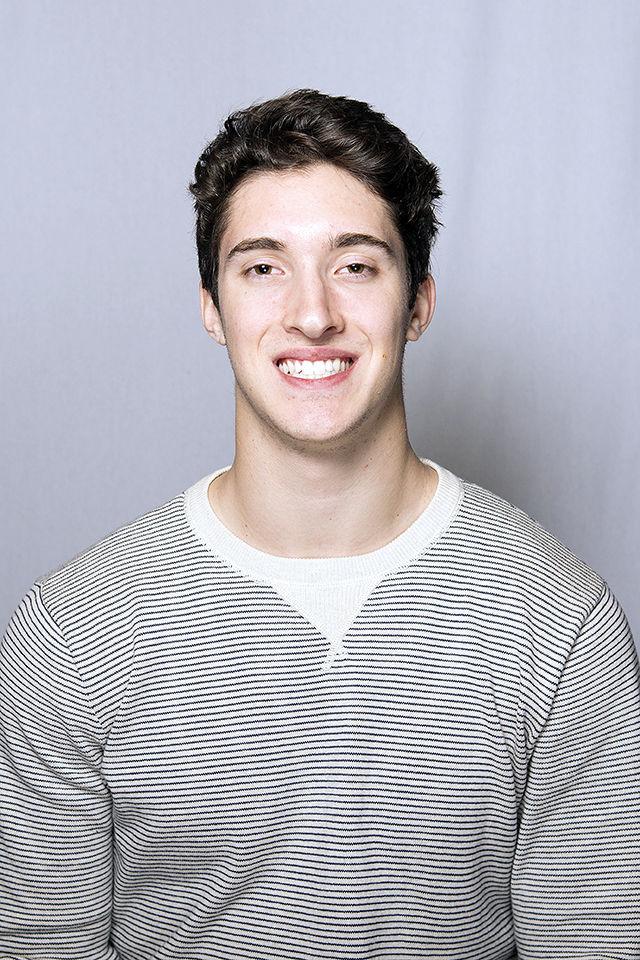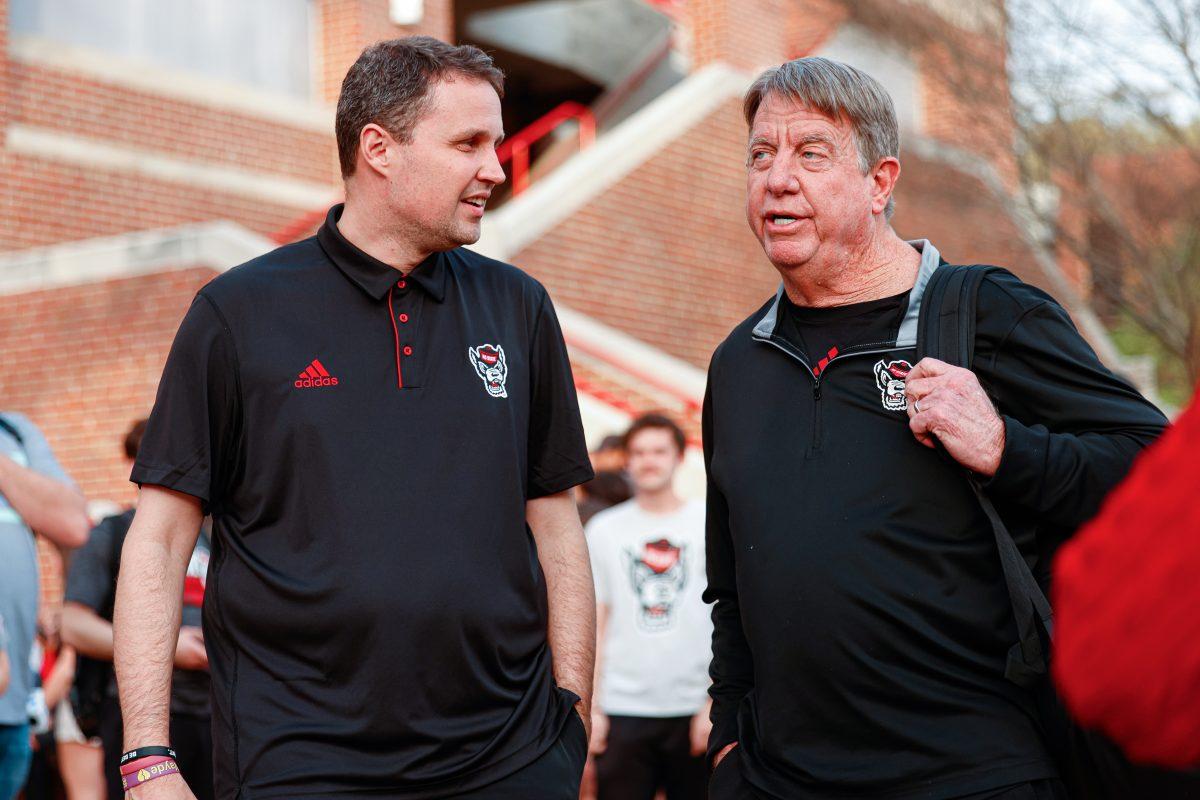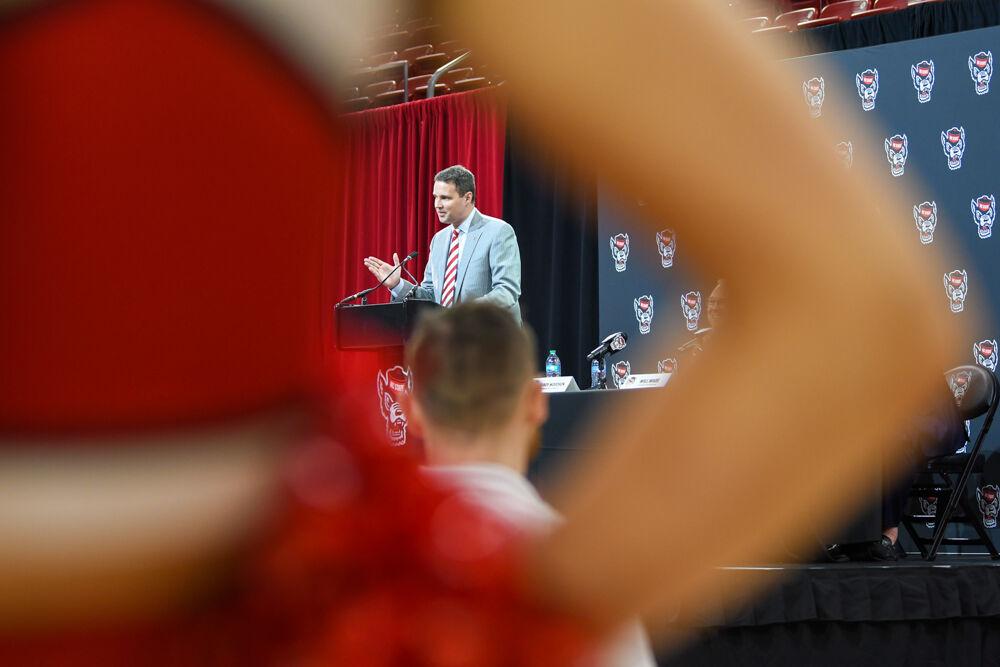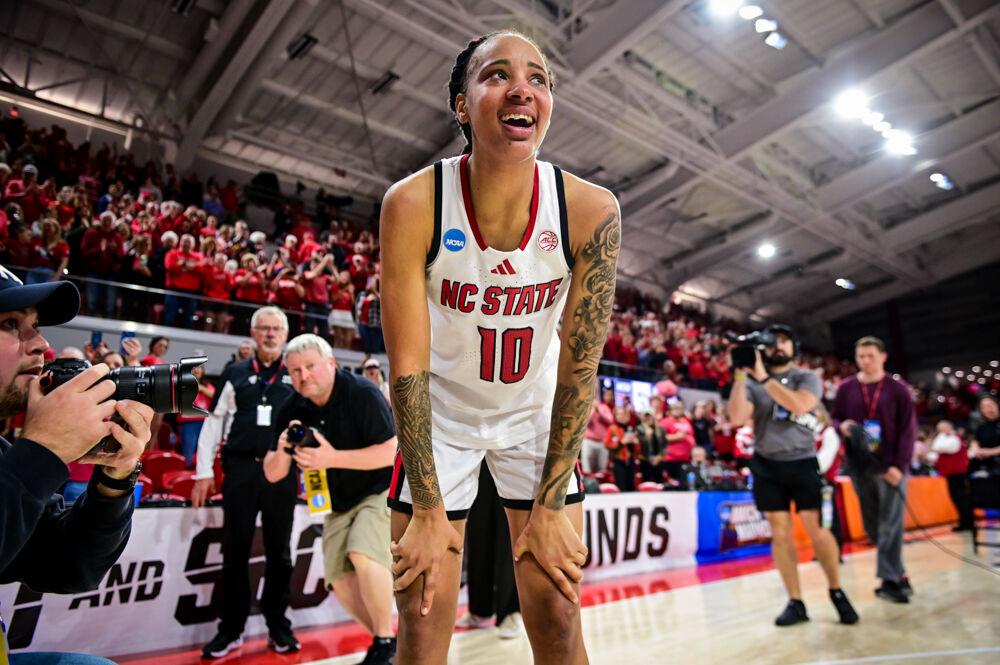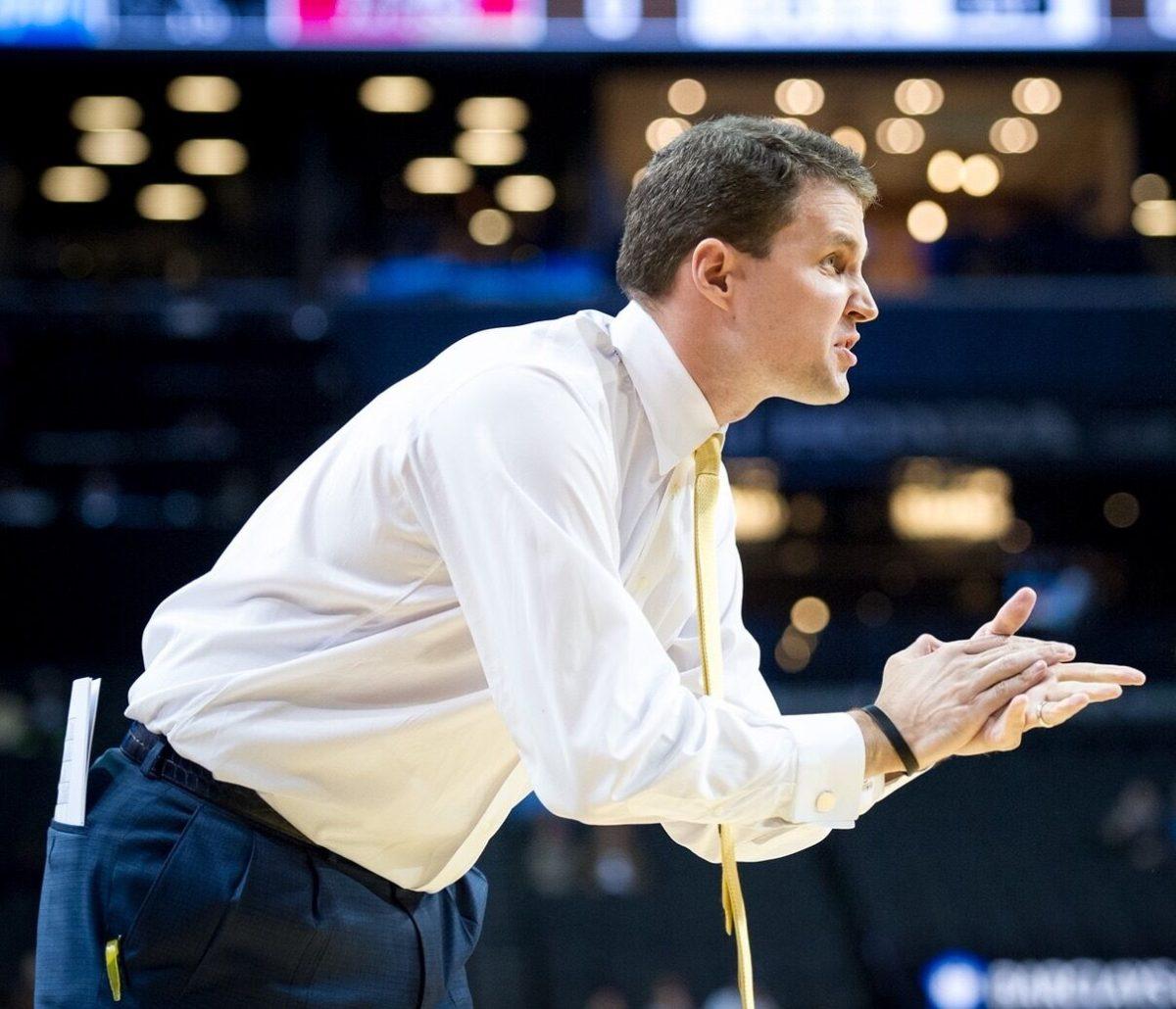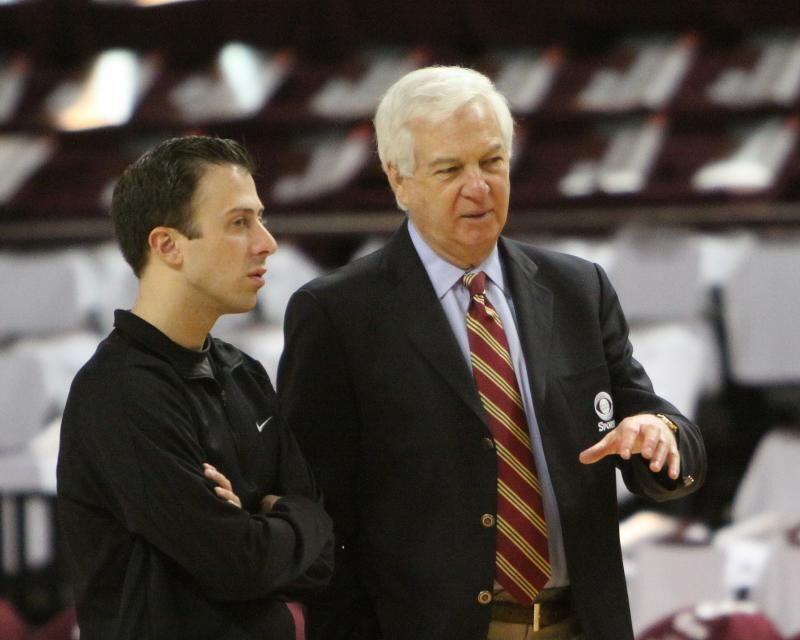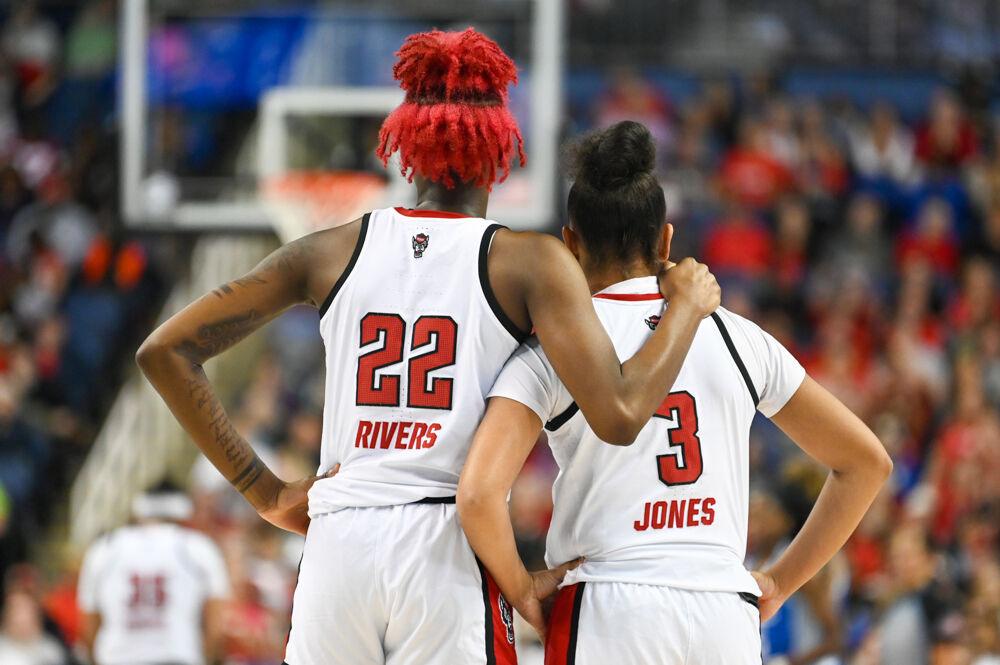The NC State men’s basketball team finally received word on freshman Omer Yurtseven’s amateur status Monday — the Turkish 7-footer will play for the Pack this season, but not before serving a nine-game suspension.
The NCAA investigation into the young center’s eligibility stems from his playing ball for pro club Fenerbahce in Turkey for the past three years and the concern that he took payment during this period. Obviously, accepting salary would disqualify Yurtseven’s amateur status, but his attorney Don Jackson maintains that he never signed a contract or hired an agent.
Despite his former club’s dubious efforts to provide information to the contrary, the NCAA found that indeed he was being truthful. However, whether or not his compensation for travel and competition-related expenses exceeded appropriate levels was another case.
According to Jackson, the NCAA’s methodology for making a judgement on this clause is terribly flawed. He told The News & Observer that college basketball’s governing body considers only national means in their cost-of-living analysis, which is used to determine if a player received more compensation than necessary. Yurtseven comes from Istanbul, which boasts the highest cost of living of any city in Turkey.
Ultimately, the NCAA determined that Yurtseven received compensation beyond cost-of-living allowance and Jackson believes their methodological oversight provided false justification for this ruling. “This wasn’t about the objective, provable facts,” Jackson said. “It was more of an effort to protect their flawed methodology for future cases. There’s no justification for this young man to sit nine games or even nine seconds.”
If Jackson’s allegations are true, it explains the much-maligned decision of the NCAA to rule Kentucky’s Enes Kanter permanently ineligible in a similar case from 2010. Kanter played for the same Turkish club and received $33,000 during his final season, though the majority went toward school costs according to Kentucky head coach John Calipari.
If Kanter wanted to pursue a professional career, he had every opportunity to — he was offered a $6 million contract as a 16-year-old. However, he was seemingly intent on playing college basketball in America and passed up more than $5.9 million to do so. Yet, due to the NCAA’s ruling, he never saw the court.
Yurtseven’s case appears even stronger, given that he purports to have nothing to do with the club opening up an account in his name. If indeed he didn’t touch the money put into this account or used just a portion for a housing, food and transportation costs, the NCAA’s decision is a huge head-scratcher.
Jackson believes these judgements by the NCAA are subject to a systematic and discriminatory bias. “On a yearly basis, the athletes that are selectively targeted are disproportionately African-American and international student-athletes,” he said.
Former Duke basketball player and current ESPN analyst Jay Bilas was equally mystified about the treatment of Yurtseven by the NCAA. “A young man choosing college should be welcomed, not punished for growing up and living in another country,” Bilas told The N&O. “He has exhibited no behavior to indicate he’s a professional. In fact, he’s turning down money to play in college.”
This case will just add to the running gag that is the NCAA decision-making process and Yurtseven and head coach Mark Gottfried are right to feel miffed. Though he won’t miss any conference games, the freshman will miss valuable opportunities to gain game experience with his teammates and adjust to a much different style of play from his homeland.
It’s beginning to seem like the NCAA has a random-penalty generator for ruling on such cases given their marked inconsistency — examples are too abundant to delineate. Attorney Stephen A. Miller exposed the overall incompetence of the investigative committee and its history of inconsistent decisions in an article for The Atlantic in 2012.
However, the NCAA will continue safeguarding the details of its budget allocation and deny all signs of conflict of interest in these cases so that it can remain a black-box of punishment dealings and avoid all responsibility for the unethical nature of its own operations.
A nine-game suspension and remittal of $1,000 to the charity of Yurtseven’s choice doesn’t seem so dire in this context. He may have played it by the books and probably has good reason to question the final ruling, but given the unpredictability of the NCAA, the Wolfpack should be happy that he’ll see the court at all this season.


